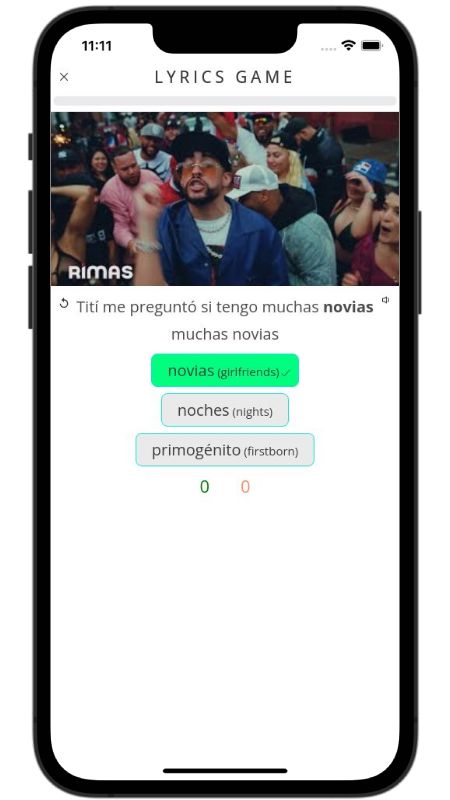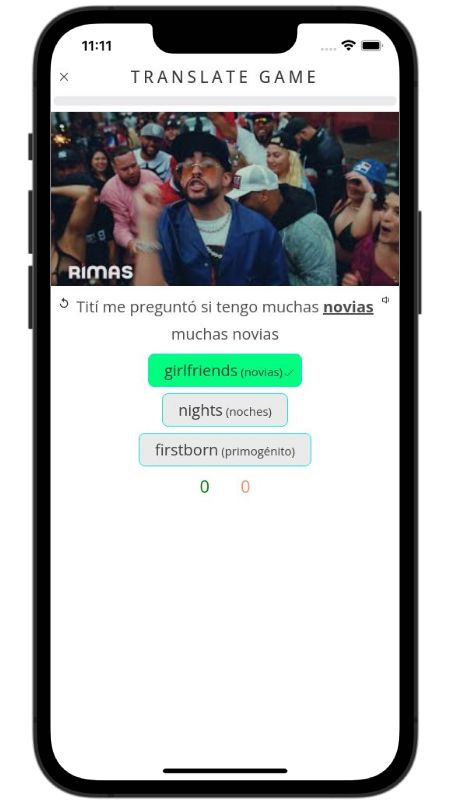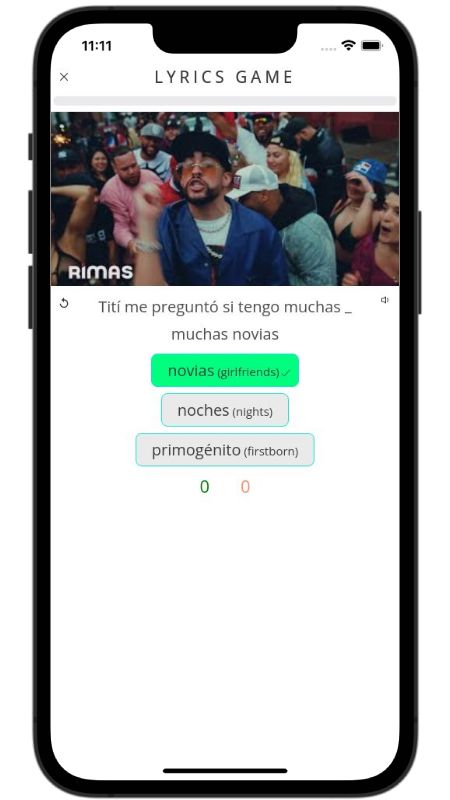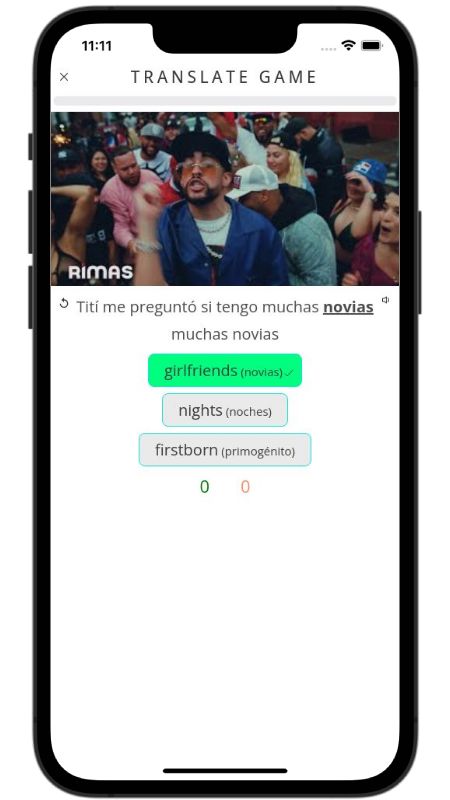Azul Lyrics in English Natalia Lafourcade
Below, I translated the lyrics of the song Azul by Natalia Lafourcade from Spanish to English.
I'm afraid that time
will come and eat me
I'm afraid that the wind
will steal my voice
I'm afraid that they
will see me sad
That's why I
don't want to go out
I'm afraid that in the bathroom
they'll open the door
that they'll see me naked and
turn around
And if I keep eating
my weight goes up
That's why I
don't want to go out
That's why I
Babe wait for me, get away from me
Let me fall, let me go out
Babe wait for me, get away from me
Let me fall, let me go out
I'm afraid at night
that somebody will rob me
that the house will burn
or that there are ghosts
Writing more letters
Losing words
That's why I
don't want to go out
I'm afraid that one day
I'll lose my fingers
to have no more friends
that laugh with me
Slip on the ice
fall into the river
And that's why I
don't want to go out
That's why I
don't want to go out
That's why I
don't want to go out
That's why I
don't want to go out
That's why I
don't want to go out
Babe wait for me, get away from me
Let me fall, let me go out
Babe wait for me, get away from me
Let me fall, let me go out
I'm afraid of you and your voice
I'm afraid of you and your love
Afraid that my field
will stop growing colored flowers
I'm afraid of you and your voice
I'm afraid of you and your love
Afraid that my field
will stop growing colored flowers
Blue, blue, blue, blue
Lyrics and Translations Licensed & Provided by LyricFind
Lyrics © Universal Music Publishing Group
Did you like this lyrics translation?
Did you know?
In addition to reading lyric translations, you can now learn Spanish with music and lyrics from your favorite artists.
No more boring lessons. You can now learn with engaging and culturally relevant lyrics from the best artists.
Apple and App Store are trademarks of Apple Inc.
Google Play and the Google Play logo are trademarks of Google LLC.
MORE NATALIA LAFOURCADE
iOS AppAndroid AppWeb LessonsFree PDF WorksheetsJoin ClassroomLyrics TranslationBlogAbout UsBuy as GiftLifetime

















